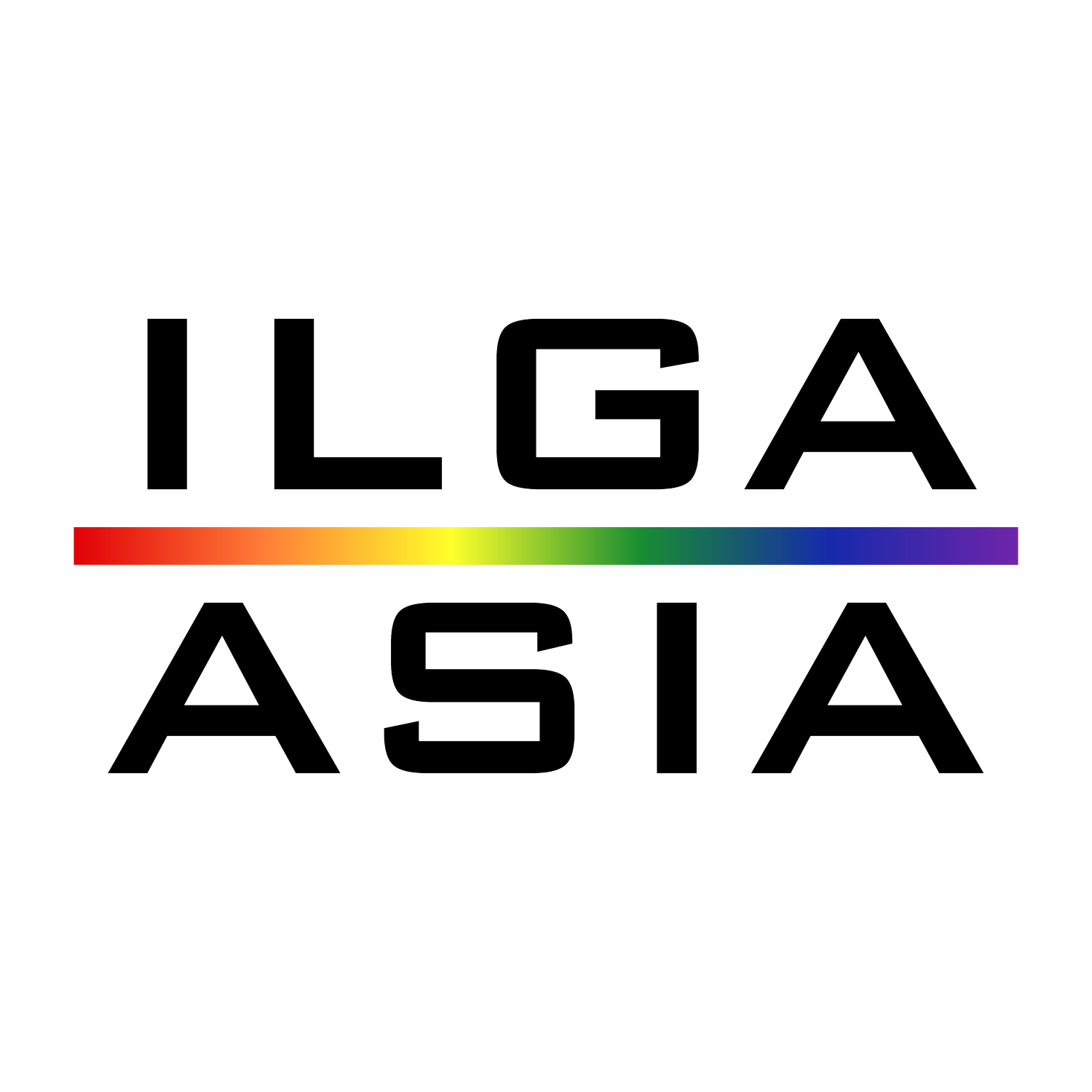Partnering with Pride: The case for Australian action on equality in our region
Global Philanthropy Project and Equality Australia just released “Partnering with Pride: The case for Australian action on equality in our region,” a report that makes the case for Australia to step up as a leader in the inclusion of people with diverse sexual orientations, gender identities and sex characteristics (SOGIESC) in its foreign policy and development cooperation.
This report was produced in collaboration with ILGA Asia, APCOM, Asia Pacific Transgender Network, ASEAN SOGIE Caucus, Intersex Asia and PSGDN.
Executive Summary
This report that makes the case for Australia to step up as a leader in the inclusion of people with diverse sexual orientations, gender identities and sex characteristics (SOGIESC) in its foreign policy and development cooperation.
THE NEED FOR CHANGE
People with diverse SOGIESC often experience socioeconomic inequalities fundamentally driven by social stigma and institutionalised discrimination related to their SOGIESC status. Consensual same-sex sexual relations among adults remain illegal in around half of Australia’s development program’s priority countries, including seven Pacific Island nations. Across Asia and the Pacific, there are few countries with SOGIESC anti-discrimination protections, a lack of prohibition of non-consensual medical interventions on intersex people, restrictions on the ability to update gender markers in identity documentation such as passports and birth certificates, and criminalisation of cross-dressing
and sex work.
Despite these challenges, the potential for change is clear, including through international partners. Many countries in the region are making progress through locally-led advocacy and partnership between civil society and government and while international partners have supported this progress, Asia and the Pacific still receive some of the world’s lowest levels of funding for SOGIESC civil society.
OPPORTUNITIES FOR AUSTRALIA
Australia has an opportunity to engage in this area through a partnership-based approach that recognises the central role of local leadership in bringing about change. This would align closely with the Australian Government’s broader approach to engagement in the Asia Pacific. In a space often perceived as difficult, it would set Australia apart as a constructive and progressive partner.
Australia also has the opportunity to further demonstrate its commitment to values of human rights and equality within a multilateral framework. Australia’s previous success in gender equality and disability inclusion demonstrates the strong potential of values-based engagement for Australia’s international reputation and credentials. The level of funding proposed in this report ($15m annually) would place Australia among the top bilateral donors on SOGIESC equality in dollar terms. As Australia’s engagement in the GEF already shows, this role would also have dividends for bilateral engagement with like-minded governments such as the USA.
Finally, there is an opportunity for Australia to strengthen its development effectiveness. SOGIESC issues are a conspicuous gap among Australia’s otherwise strong approach to social inclusion in its overseas development assistance. People with diverse SOGIESC are among the most marginalised and must be included in development efforts to truly realise the principle of no one left behind.
LESSONS FROM OTHER DONORS
The USA has a comprehensive, whole-of-government approach —
guided by a Presidential Memorandum — which provides a coherent framework
and signals a strong administration-wide commitment to global LGBTI rights.
The Netherlands is the largest funder of global LGBTI issues (more than US$51m in 2019-20). As the policy basis for this funding, the equal rights of LGBTI persons are one of four priority human rights issues for the Netherlands’ foreign policy.
The Canadian LGBTQ2I International Assistance Program is guided by Canada’s
Feminist International Assistance Policy and consists of multiple tranches delivered by a number of departments within Global Affairs Canada. The tranches include support for Canadian LGBTQ2I organisations to work with developing country partners, support through Canada’s geographic programs for local and regional equality organisations in developing countries, and support for global level policy, advocacy and research.
In Asia, a $2.2m grant was announced in August 2022 as the first instalment under Canada’s geographic funding tranche. The funding will support APCOM to support LGBTI organisations and networks in Cambodia, Laos, Indonesia,
the Philippines and Thailand. In the Pacific, New Zealand and the Netherlands have committed to funding the Pacific Sexual and Gender Diversity Network (PSGDN) with funding to both strengthen the network itself and regrant to its members in eight Pacific countries.
Australia has the opportunity to build on the strengths of this work. A key theme in this work is a focus on strengthening civil society and its support mechanisms.



